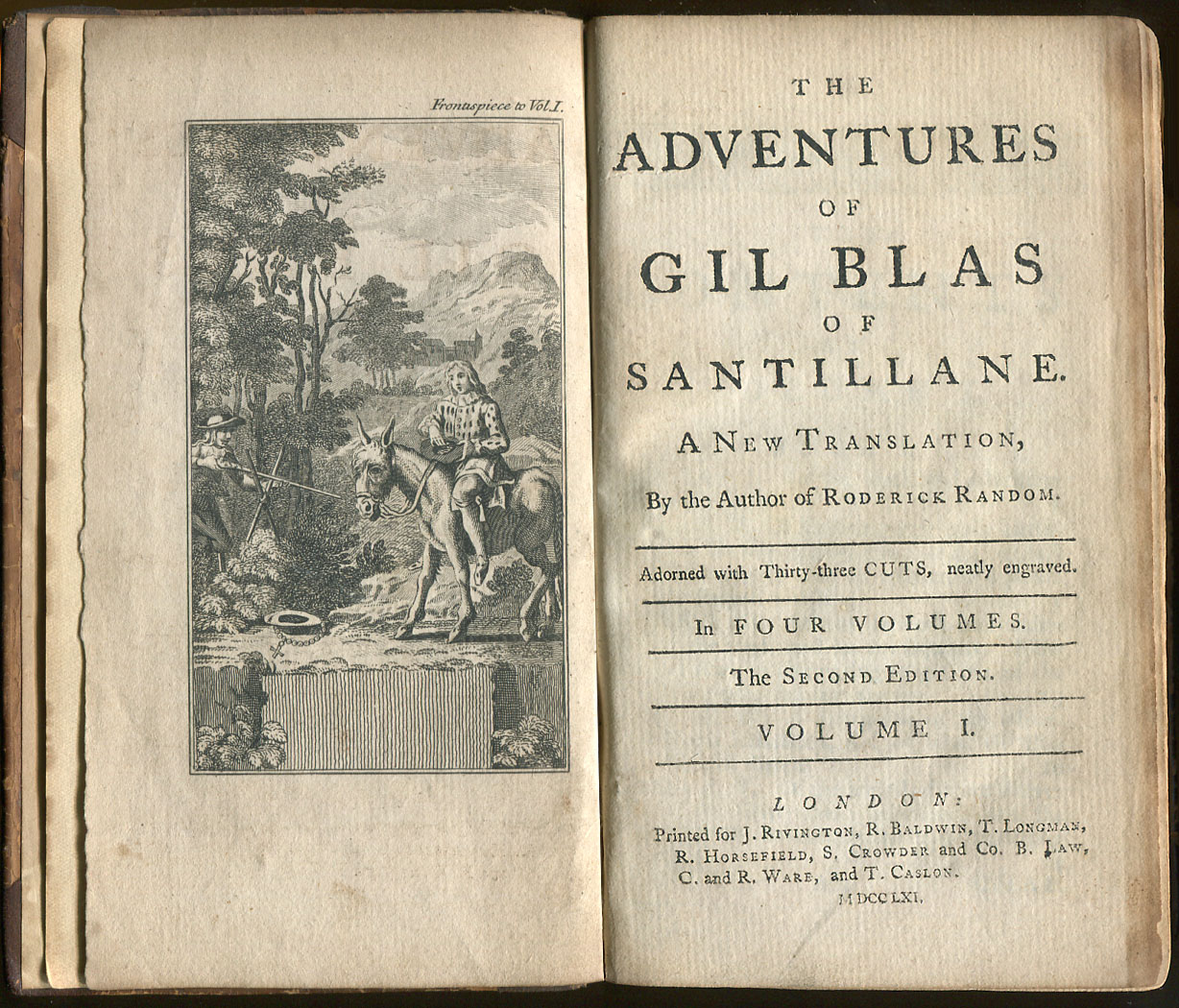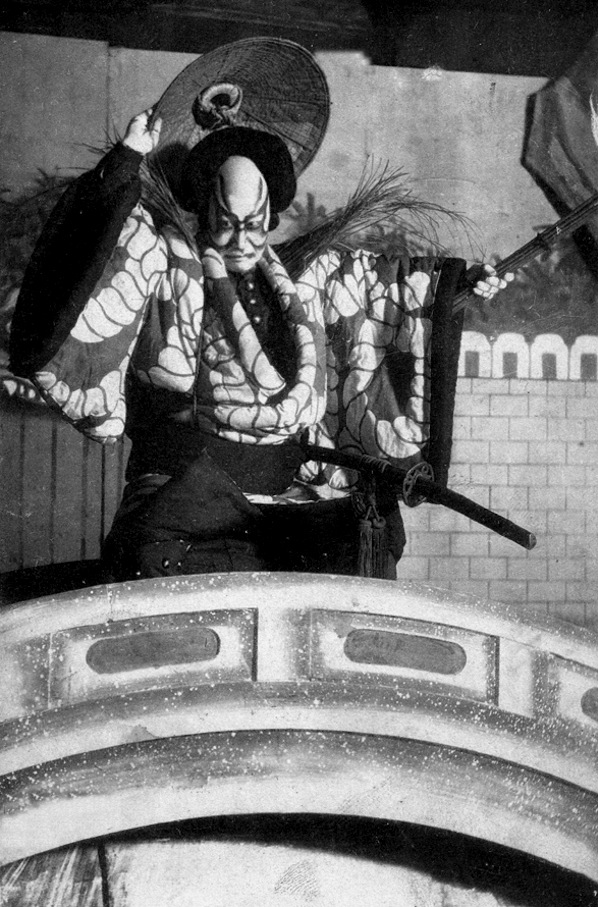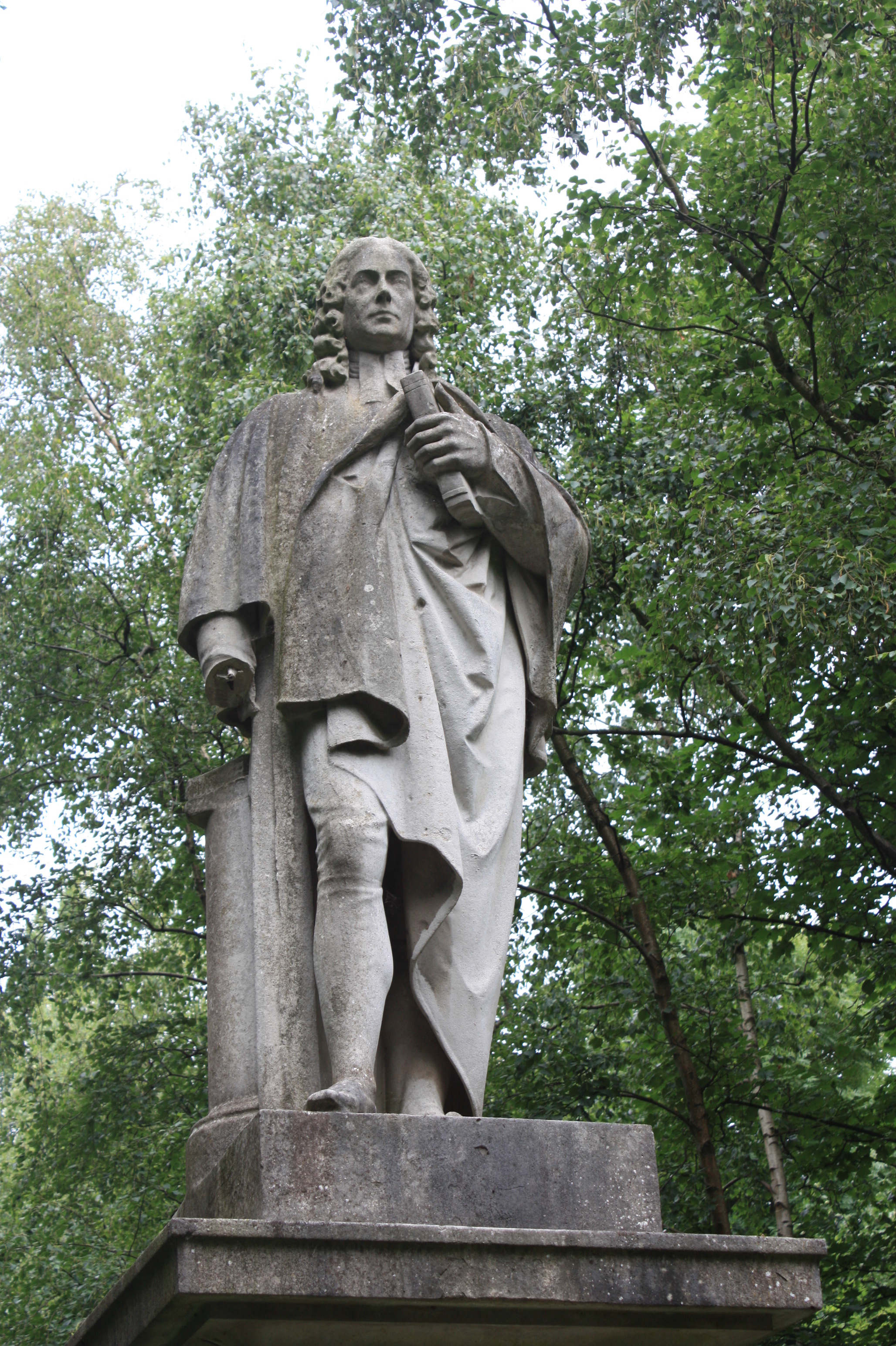|
1715 In Literature
This article contains information about the literary events and publications of 1715. Events *c. August – Nicholas Rowe becomes the Poet Laureate of Great Britain. *The first record of the actress and writer Eliza Haywood tells of her performing in Thomas Shadwell's Shakespeare adaptation, ''Timon of Athens; or, The Man-Hater'' at the Smock Alley Theatre, Dublin. New books Prose *Joseph Addison – ''The Free-Holder'' (periodical) * Jane Barker – ''Exilius; or, The Banished Roman'' *Richard Bentley – ''A Sermon upon Popery'' *Samuel Croxall – ''The Vision'' *Daniel Defoe **''An Appeal to Honour and Justice'' **''The Family Instructor'' **''A Hymn to the Mob'' *Elizabeth Elstob – ''The Rudiments of Grammar for the English-Saxon Tongue, first given in English; with an apology for the study of northern antiquities'', the first grammar of Old English * Thomas-Simon Gueullette – ''Les Mille et un quarts-d’heure, contes tartares (The Thousand and One Quarters of an Ho ... [...More Info...] [...Related Items...] OR: [Wikipedia] [Google] [Baidu] |
Nicholas Rowe (dramatist)
Nicholas Rowe (; 20 June 1674 – 6 December 1718), English dramatist, poet and miscellaneous writer, was appointed Poet Laureate in 1715. His plays and poems were well-received during his lifetime, with one of his translations described as one of the greatest productions in English poetry. He was also considered the first editor of the works of William Shakespeare. Life Nicholas Rowe was born in Little Barford, Bedfordshire, England, son of John Rowe (d. 1692), barrister and sergeant-at-law, and Elizabeth, daughter of Jasper Edwards, on 20 June 1674. His family possessed a considerable estate at Lamerton in Devonshire. His father practised law and published Benlow's and Dallison's Reports during the reign of King James II. The future Poet Laureate was educated first at Highgate School, and then at Westminster School under the guidance of Richard Busby. In 1688, Rowe became a King's Scholar, which was followed by his entrance into Middle Temple in 1691. His entrance into Midd ... [...More Info...] [...Related Items...] OR: [Wikipedia] [Google] [Baidu] |
Gil Blas
''Gil Blas'' (french: L'Histoire de Gil Blas de Santillane ) is a picaresque novel by Alain-René Lesage published between 1715 and 1735. It was highly popular, and was translated several times into English, most notably as The Adventures of Gil Blas of Santillane, by Tobias Smollett in 1748. Plot summary Gil Blas is born in misery to a stablehand and a chambermaid of Santillana in Cantabria, and is educated by his uncle. He leaves Oviedo at the age of seventeen to attend the University of Salamanca. His bright future is suddenly interrupted when he is forced to help robbers along the route and is faced with jail. He becomes a valet and, over the course of several years, is able to observe many different classes of society, both lay and clerical. Because of his occupation, he meets many disreputable people and is able to adjust to many situations, thanks to his adaptability and quick wit. He finally finds himself at the royal court as a favorite of the king and secretary to ... [...More Info...] [...Related Items...] OR: [Wikipedia] [Google] [Baidu] |
Charles Rivière Dufresny
Charles Dufresny, Sieur de la Rivière (1648 – 6 October 1724) was a French playwright. Biography Dufresny was born in Paris. The allegation that his grandfather was an illegitimate son of Henry IV procured him the liberal patronage of Louis XIV, who gave him the post of ''valet de chambre'', and affixed his name to many lucrative privileges. Dufresny's expensive habits neutralized all efforts to enrich him, and as if to furnish a piquant commentary on the proverb that poverty makes us acquainted with strange bedfellows, he married, as his second wife, a washerwoman, in discharge of her bill a whimsicality which supplied Alain-René Lesage with an episode in ''Le Diable boiteux'' (1707), and was made the subject of a comedy by J.-M. Deschamps (''Charles Rivière Dufresny, ou le mariage impromptu''). He died in Paris. His plays, destitute for the most part of all higher qualities, abound in sprightly wit and pithy sayings. In the six volumes of his ''Théatre'' (Paris, 1731) ... [...More Info...] [...Related Items...] OR: [Wikipedia] [Google] [Baidu] |
The Battles Of Coxinga
is a puppet play by Chikamatsu Monzaemon. It was his most popular play. First staged on November 26, 1715, in Osaka, it ran for the next 17 months, far longer than the usual few weeks or months. Its enduring popularity can largely be attributed to its effectiveness as entertainment. Its many scenes over more than seven years follow the adventures of Coxinga (based on the adventures of the historical figure Koxinga; as the play is loosely based on history, it is a ''jidaimono'' play, not a domestic play) in restoring the rightful dynasty of China. It features effects uniquely suited for the puppet theater, such as the villain Ri Tōten gouging out an eye (ostensibly to prove his loyalty). Donald Keene suggests that the adventures in exotic China played well in isolationist Tokugawa Japan. While generally not considered as great in literary quality as some of Chikamatsu's domestic tragedies like ''The Love Suicides at Amijima'', it is generally agreed to be his best historical play. ... [...More Info...] [...Related Items...] OR: [Wikipedia] [Google] [Baidu] |
Chikamatsu Monzaemon
was a Japanese dramatist of jōruri, the form of puppet theater that later came to be known as bunraku, and the live-actor drama, kabuki. The ''Encyclopædia Britannica'' has written that he is "widely regarded as the greatest Japanese dramatist". His most famous plays deal with double-suicides of honor bound lovers. Of his puppet plays, around 70 are ''jidaimono'' (時代物) (historical romances) and 24 are ''sewamono'' (世話物) (domestic tragedies). The domestic plays are today considered the core of his artistic achievement, particularly works such as ''The Courier for Hell'' (1711) and ''The Love Suicides at Amijima'' (1721). His histories are viewed less positively, though ''The Battles of Coxinga'' (1715) remains praised. Biography Chikamatsu was born Sugimori Nobumori. to a samurai family. There is disagreement about his birthplace. The most popular theory. suggests he was born in Echizen Province, but there are other plausible locations, including Hagi, Nagato Provi ... [...More Info...] [...Related Items...] OR: [Wikipedia] [Google] [Baidu] |
Susanna Centlivre
Susanna Centlivre (c. 1669 (baptised) – 1 December 1723), born Susanna Freeman and also known professionally as Susanna Carroll, was an English poet, actress, and "the most successful female playwright of the eighteenth century". Centlivre's "pieces continued to be acted after the theatre managers had forgotten most of her contemporaries." During a long career at the Theatre Royal, Drury Lane, she became known as the second woman of the English stage, after Aphra Behn. Life The main source of information on Centlivre's early life is Giles Jacob, who claimed he had received an account of it directly from her. This was published in ''The Poetical Register'' of 1719, yet it includes little information about her early life. Centlivre was probably baptised Susanna Freeman at Whaplode, Lincolnshire on 20 November 1669, as the daughter of William Freeman of Holbeach and his wife, Anne, the daughter of Mr Marham, a gentleman of Lynn Regis, Norfolk.J. Milling, "Centlivre , Susanna (b ... [...More Info...] [...Related Items...] OR: [Wikipedia] [Google] [Baidu] |
The Contrivances
''The Contrivances'' is a 1715 comedy play by the British writer Henry Carey. A farce, it produced was an afterpiece to follow on from a revival of ''Bonduca''. The original Drury Lane cast included Henry Norris as Argus, James Quin as Rovewell, Joe Miller as Robin, Richard Cross as Constable and Mary Willis Mary Willis was a British stage actress of the eighteenth century. She was the daughter of the actress Elizabeth Willis and sometimes appeared alongside her billed as Miss Willis. Like her mother she spent a number of years in the company at th ... as Arethusa.Van Lennep p.364 References Bibliography * Burling, William J. ''A Checklist of New Plays and Entertainments on the London Stage, 1700-1737''. Fairleigh Dickinson Univ Press, 1992. * Van Lennep, W. ''The London Stage, 1660-1800: Volume Two, 1700-1729''. Southern Illinois University Press, 1960. 1715 plays West End plays Plays by Henry Carey Comedy plays {{1710s-play-stub ... [...More Info...] [...Related Items...] OR: [Wikipedia] [Google] [Baidu] |
Henry Carey (writer)
Henry Carey (c. 26 August 1687 – 5 October 1743) was an English poet, dramatist and songwriter. He is remembered as an anti- Walpolean satirist and also as a patriot. Several of his melodies continue to be sung today, and he was widely praised in the generation after his death. Because he worked in anonymity, selling his own compositions to others to pass off as their own, contemporary scholarship can only be certain of some of his poetry, and a great deal of the music he composed was written for theatrical incidental music. However, under his own name and hand, he was a prolific songwriter and balladeer, and he wrote the lyrics for almost all of these songs. Further, he wrote numerous operas and plays. His life is illustrative of the professional author in the early 18th century. Without inheritance or title or governmental position, he wrote for all of the remunerative venues, and yet he also kept his own political point of view and was able to score significant points ... [...More Info...] [...Related Items...] OR: [Wikipedia] [Google] [Baidu] |
A Woman's Revenge (play)
''A Woman's Revenge, or a Match in Newgate'' is a 1715 comedy play by the British writer Christopher Bullock. It was originally performed as an afterpiece to another work '' The Lucky Prodigal''. With its Newgate Prison setting and cynical references to corruption, it could be regarded as a precursor to John Gay's hit ''The Beggar's Opera'' of a decade later.Fisher p.143 The cast included William Bullock as Thinkwell, John Thurmond as Bevil, Christopher Bullock as Vizard and Sarah Thurmond Sarah Thurmond or Sarah Lewis ( – 1762) was a British actress. Life Sarah Lewis was born in Epsom although the date is unknown. Her first appearances were at Drury Lane and Lincoln's Inn Fields at the end of 1711 in Greenwich where she met J ... as Corinna. George, Prince of Wales attended the first performance. References Bibliography * Burling, William J. ''A Checklist of New Plays and Entertainments on the London Stage, 1700-1737''. Fairleigh Dickinson Univ Press, 1992. * Fisher, ... [...More Info...] [...Related Items...] OR: [Wikipedia] [Google] [Baidu] |
Christopher Bullock (actor)
Christopher Bullock (1690–1722) was a British stage actor and dramatist. Bullock was the son of the actor William Bullock, and during his early years on the stage was often billed as Young Bullock to distinguish him from his father. He likely made his stage debut in a performance of ''The Recruiting Officer'' at the Queen's Theatre in Haymarket, London in 1707. Over the following decade and a half he also appeared frequently at Drury Lane and the Lincoln's Inn Fields Theatre, and was considered a potential natural successor to Colley Cibber in fop roles. In 1717 he and Theophilus Keene took over the management of Lincoln's Inn from John Rich for a period. Bullock married the actress Jane Rogers in 1717, with whom he had three children. Between 1715 and 1718 he also authored severals plays, mainly farces, beginning with an afterpiece '' The Slip''. His sole attempt at a tragedy was '' The Traitor''.Highfill, Burnim & Langhans p.400 In 1720 he relinquished his management role ... [...More Info...] [...Related Items...] OR: [Wikipedia] [Google] [Baidu] |
Divine Songs Attempted In Easy Language For The Use Of Children
''Divine Songs Attempted in Easy Language for the Use of Children'' (also known as ''Divine and Moral Songs for Children'' and other similar titles) is a collection of didactic, moral poetry for children by Isaac Watts, first published in 1715. Though Watts's hymns are now better known than these poems, ''Divine Songs'' was a ubiquitous children's book for nearly two hundred years, serving as a standard textbook in schools. By the mid-19th century there were more than one thousand editions. Three of the best-known poems in the collection are "Praise for Creation and Providence", " Against Idleness and Mischief", and "The Sluggard". "Praise for Creation and Providence" (better known as "I sing the mighty power of God") is now a hymn sung by all ages. "Against Idleness and Mischief" and "The Sluggard" (better known as "How doth the little busy bee" and "'Tis the voice of the sluggard") were both meant to teach children the importance of hard work, and were extremely well known i ... [...More Info...] [...Related Items...] OR: [Wikipedia] [Google] [Baidu] |
Isaac Watts
Isaac Watts (17 July 1674 – 25 November 1748) was an English Congregational minister, hymn writer, theologian, and logician. He was a prolific and popular hymn writer and is credited with some 750 hymns. His works include "When I Survey the Wondrous Cross", "Joy to the World", and "Our God, Our Help in Ages Past". He is recognized as the "Godfather of English Hymnody"; many of his hymns remain in use today and have been translated into numerous languages. Life Watts was born in Southampton, Hampshire, England, in 1674 and was brought up in the home of a committed religious nonconformist; his father, also Isaac Watts, had been incarcerated twice for his views. Watts had a classical education at King Edward VI School, Southampton, learning Latin, Greek, and Hebrew. Watts displayed a propensity for rhyme from an early age. He was once asked why he had his eyes open during prayers, to which he responded: He received corporal punishment for this, to which he cried: Watts co ... [...More Info...] [...Related Items...] OR: [Wikipedia] [Google] [Baidu] |
_Arms.png)




